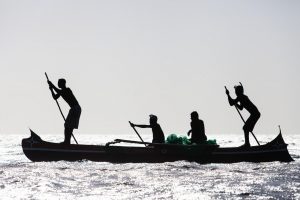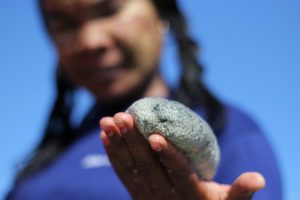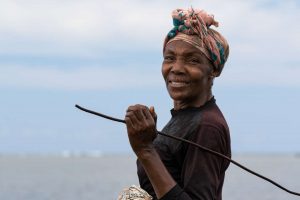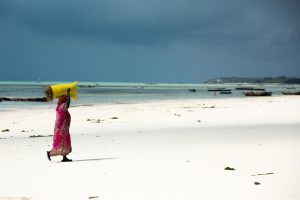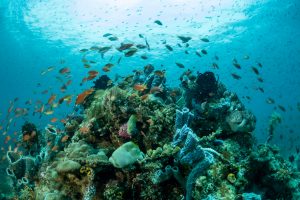
Climate solutions
We cannot wait to solve this crisis
Mangroves, seagrasses and salt marshes capture and store staggering amounts of carbon dioxide in natural sinks – known as blue carbon. These habitats are vital to fisheries and marine ecosystems including coral reefs. They are also critically important to coastal people, buttressing shorelines against storm surges and underpinning fishing livelihoods. Protecting and restoring these blue carbon habitats, a natural climate solution, is an affordable way to help avert dangerous climate breakdown. And it is available to us right now.
We are global leaders in Blue Carbon
We launched one the world’s first fully verified blue carbon mangrove conservation projects in 2019. We’ve led the way on blue carbon initiatives that put communities first, advancing the science, producing new tools and methodologies, and sharing our findings so that everyone can benefit.
From Madagascar to Indonesia, we’re supporting coastal communities to steward blue carbon habitats and fisheries within one coherent framework. Our approach puts in place the secure tenure, science-based management and strong collective enforcement needed to restore and conserve blue carbon habitats at the community level.
We’re quantifying the blue carbon sequestered through scientific monitoring. We’re developing more equitable approaches to ensure climate finance supports community conservation. We’re supporting traditional fishing communities to withstand climate breakdown in the most effective and immediate way possible.

